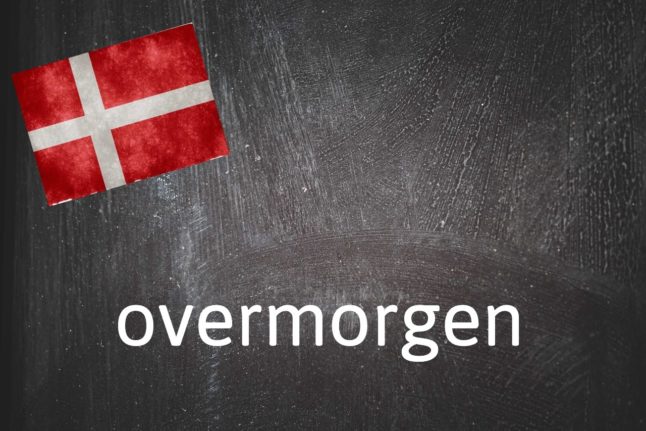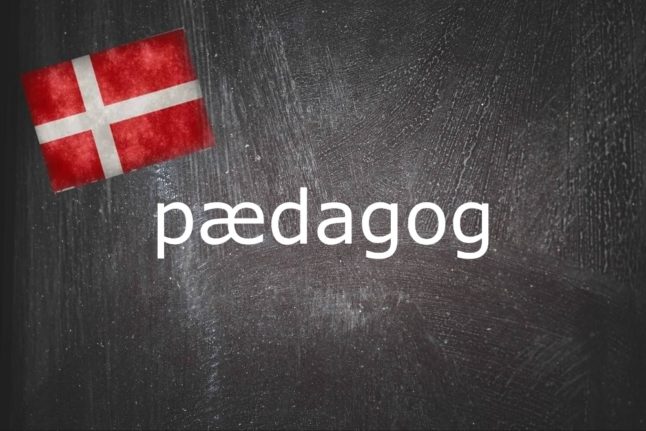What is overmorgen?
From over (“over”) and morgen (“morning”), overmorgen does not, as you might initially assume, mean “tomorrow”, but “day after tomorrow”. It must be preceded by a preposition, i, to mean “the day after tomorrow”, i.e. i overmorgen. You can reverse-engineer the Danish word for “tomorrow” from here by removing the over, leaving you with i morgen.
The roots of overmorgen are from German, übermorgen, meaning “later than tomorrow” but also used for “the day after tomorrow”.
Why do I need to know overmorgen?
Overmorgen is one of a number of Danish words that can relate to a point in time — in either the past or present — by using the i (literally, “in”) preposition, giving some precise terms that aren’t found in English.
In addition to i overmorgen and i morgen as described above, i går means “yesterday” i sommer is “last summer” and i fjor “last year”. In the latter case, note that the expression for “last year” contains neither the words for “last” or “year”, but you can also say “last year” using these words instead (sidste år).
Perhaps the most interesting of this group of expressions is not i overmorgen but forgårs, meaning “the day before yesterday”. Here, forgår comes from the verb at forgå, meaning to decline or decay and eventually disappear or die. It’s a melancholy way of thinking about a point in the past, but also an evocative one.
As an aside, at forgå is not the same as at foregå (“to occur”), which is probably the more common of the two verbs.
With both overmorgen and forgårs, what takes an English speaker four words, a Danish speaker can accomplish with one.
Examples
Tandlægen ringede og aflyste min tid, og jeg kunne først komme igen i overmorgen.
The dentist called to cancel my appointment and I couldn’t go again until the day after tomorrow.
Tak for din bestilling. Dine varer vil blive leveret i overmorgen.
Thank you for your order. Your items will be delivered the day after tomorrow.



 Please whitelist us to continue reading.
Please whitelist us to continue reading.
Member comments